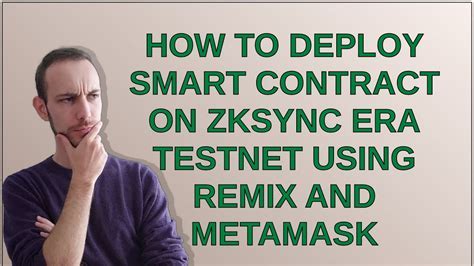Smart Contract Implementation for Research: A Comparison of Truffle, Infura, and Metamask
As a researcher, implementing smart contracts can be an exciting but complex process. With the rise of decentralized applications (dApps) and non-fungible tokens (NFTs), implementing smart contracts has become increasingly important. In this article, we will explore the differences between Truffle, Infura, and Metamask, helping you decide which platform is most practical for your research needs.
Truffle
Truffle is a popular open-source framework that provides a set of tools and libraries for creating, testing, and deploying smart contracts. It is especially suited for large-scale projects with multiple developers involved. Truffle offers:
- Complete Development Environment

: Truffle provides an integrated development environment (IDE) for writing, testing, and debugging smart contract code.
- Automated Compiling and Deploying: Truffle can compile smart contracts on the Ethereum Virtual Machine (EVM) and deploy them to the network.
- Automated Testing: Truffle includes tools to test smart contracts using built-in functions such as “test” and “runTest”.
However, Truffle may not be the most practical choice for small-scale or resource-constrained projects due to:
- Complexity: Truffle requires a significant amount of setup and configuration.
- Resource-intensive: Truffle can consume a lot of computational resources, especially when working on large-scale projects.
Infura
Infura is a cloud-based Infrastructure as a Service (IaaS) provider that offers a suite of tools for building, testing, and deploying smart contracts. Infura provides:
- Cloud-based development environment: Infura provides a built-in IDE to write, test, and debug smart contract code.
- Automated compilation and deployment: Infura can compile smart contracts on the EVM and deploy them to the network.
- Built-in testing framework: Infura includes a built-in testing framework that supports various testing scenarios.
Infura is particularly suitable for small-scale or resource-constrained projects due to:
- Ease of use: Infura provides an intuitive interface, making it easy to get started with smart contract development.
- Low computational overhead
: Infura’s cloud-based infrastructure can help reduce the computational load of your project.
Metamask
Metamask is a lightweight, open-source framework that allows developers to deploy and manage Ethereum wallets and smart contracts. Metamask offers:
- Wallet Management: Metamask allows you to manage multiple Ethereum wallets and access them from various applications.
- Smart Contract Deployment: Metamask can compile smart contracts on the EVM and deploy them across the network.
Metamask is a great choice for small-scale or resource-constrained projects due to:
- Easy Setup Process: Metamask has a simple setup process, which makes it easy to get started.
- Low Computational Overhead: Metamask’s lightweight architecture can help reduce computational overhead.
Which Platform is More Practical?
Considering the above factors, Truffle may be more suitable for large-scale or resource-constrained projects due to its complexity and resource-intensive nature. However, Infura provides a solid foundation for small-scale or resource-constrained projects due to its ease of use and low computational overhead.
Metamask: A Practical Choice?
If you are working on a small-scale project with basic smart contract development needs, Metamask may be the most practical choice. Its simplicity and low computational overhead make it an excellent option for rapid prototyping or proof-of-concept development.


